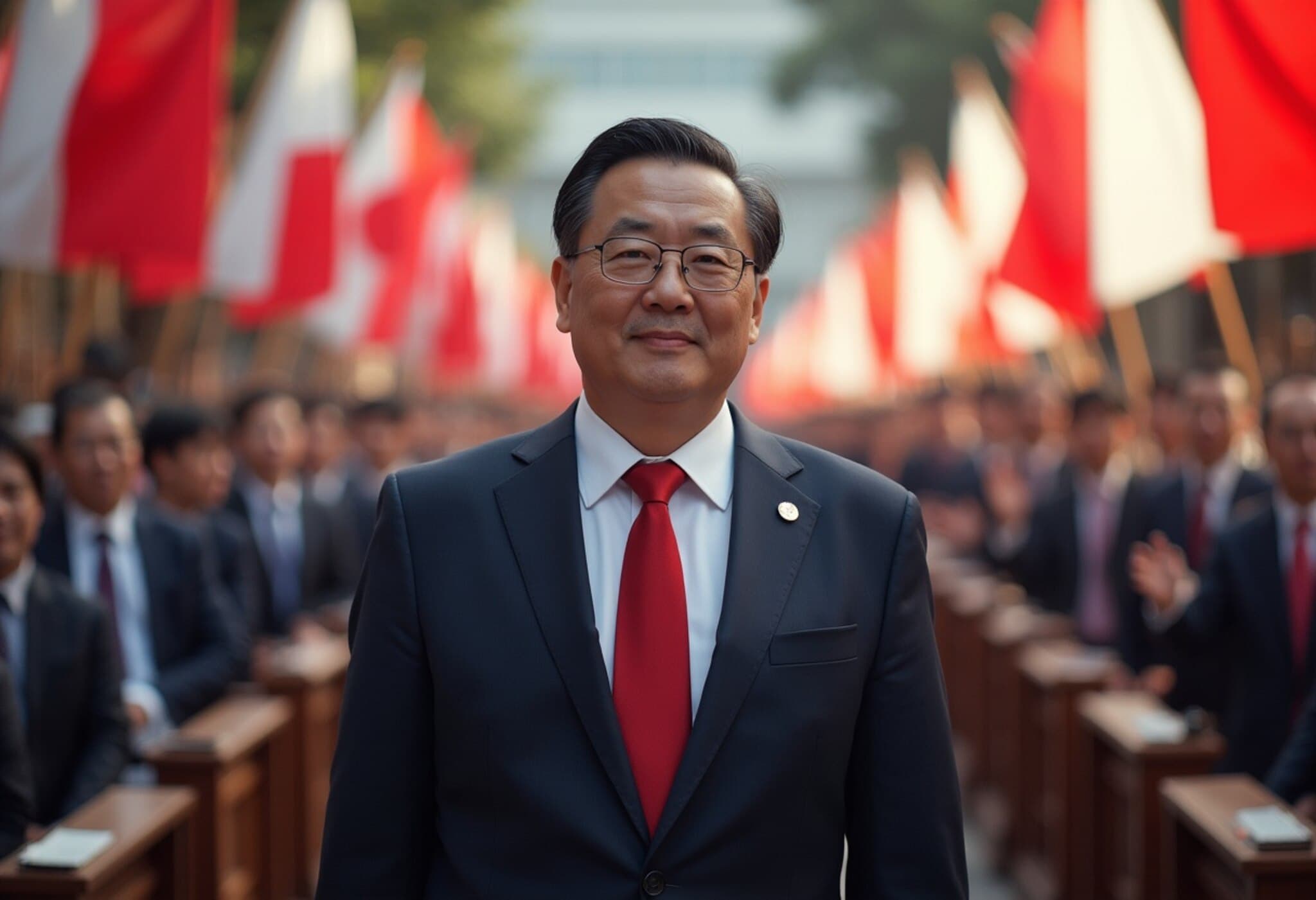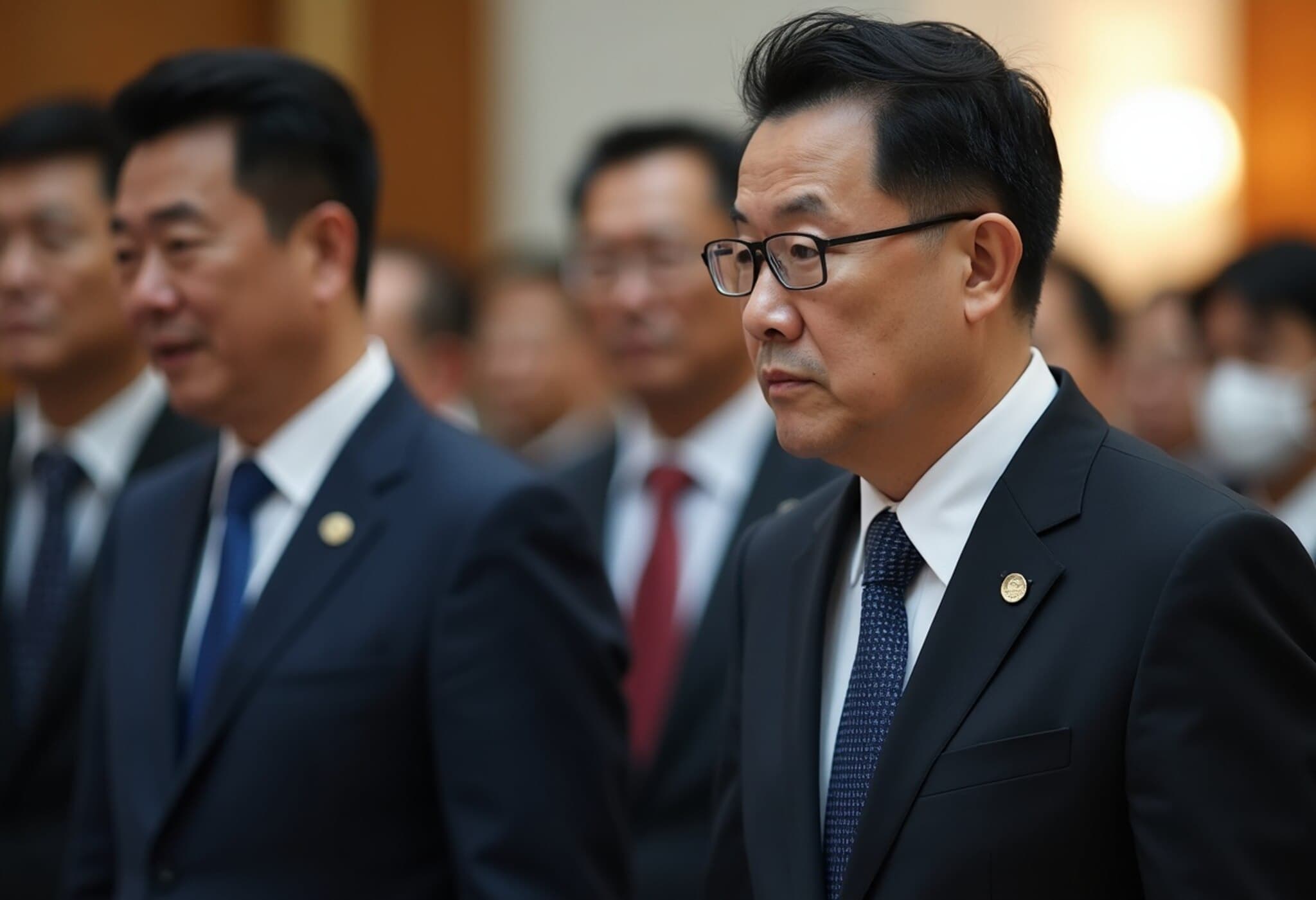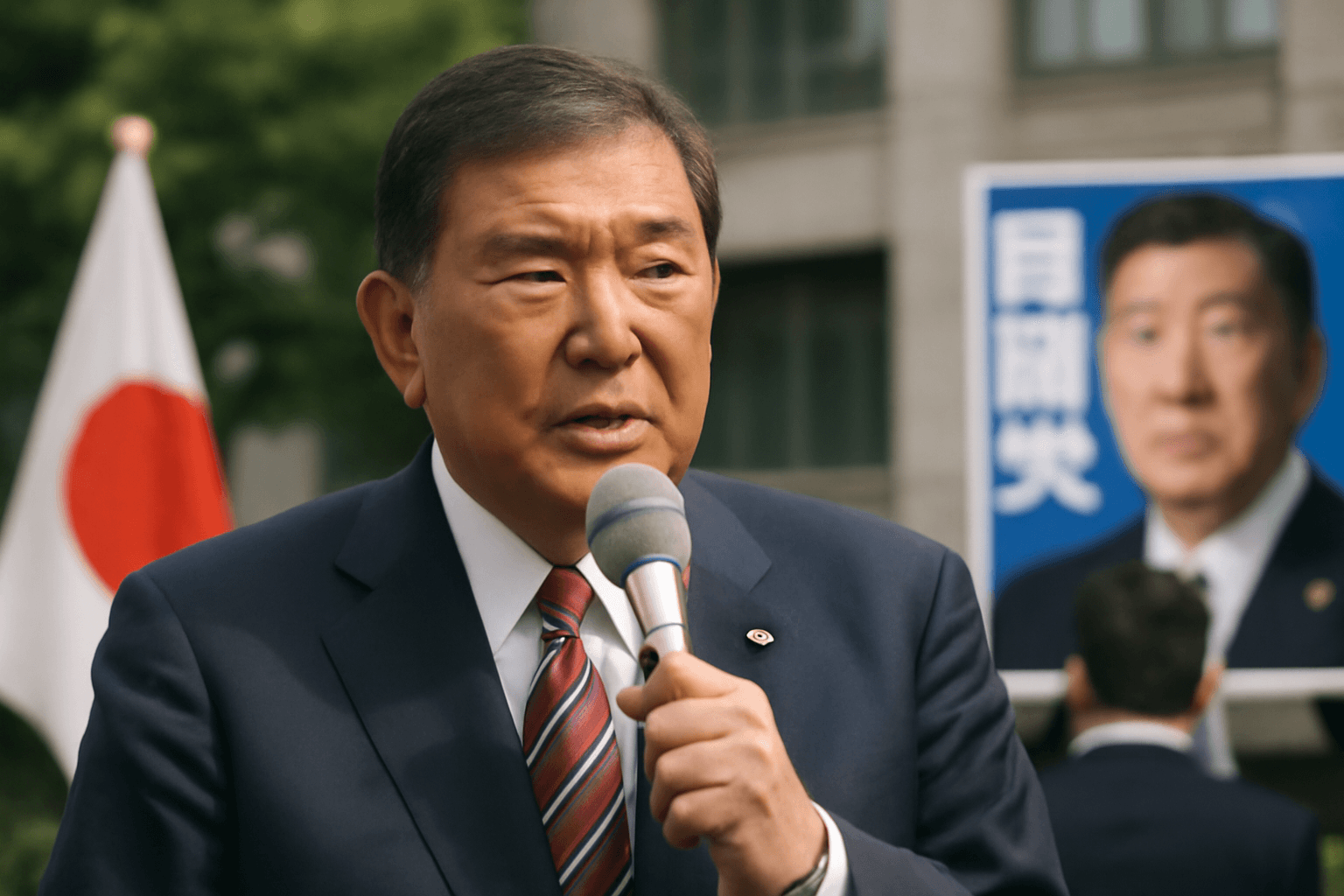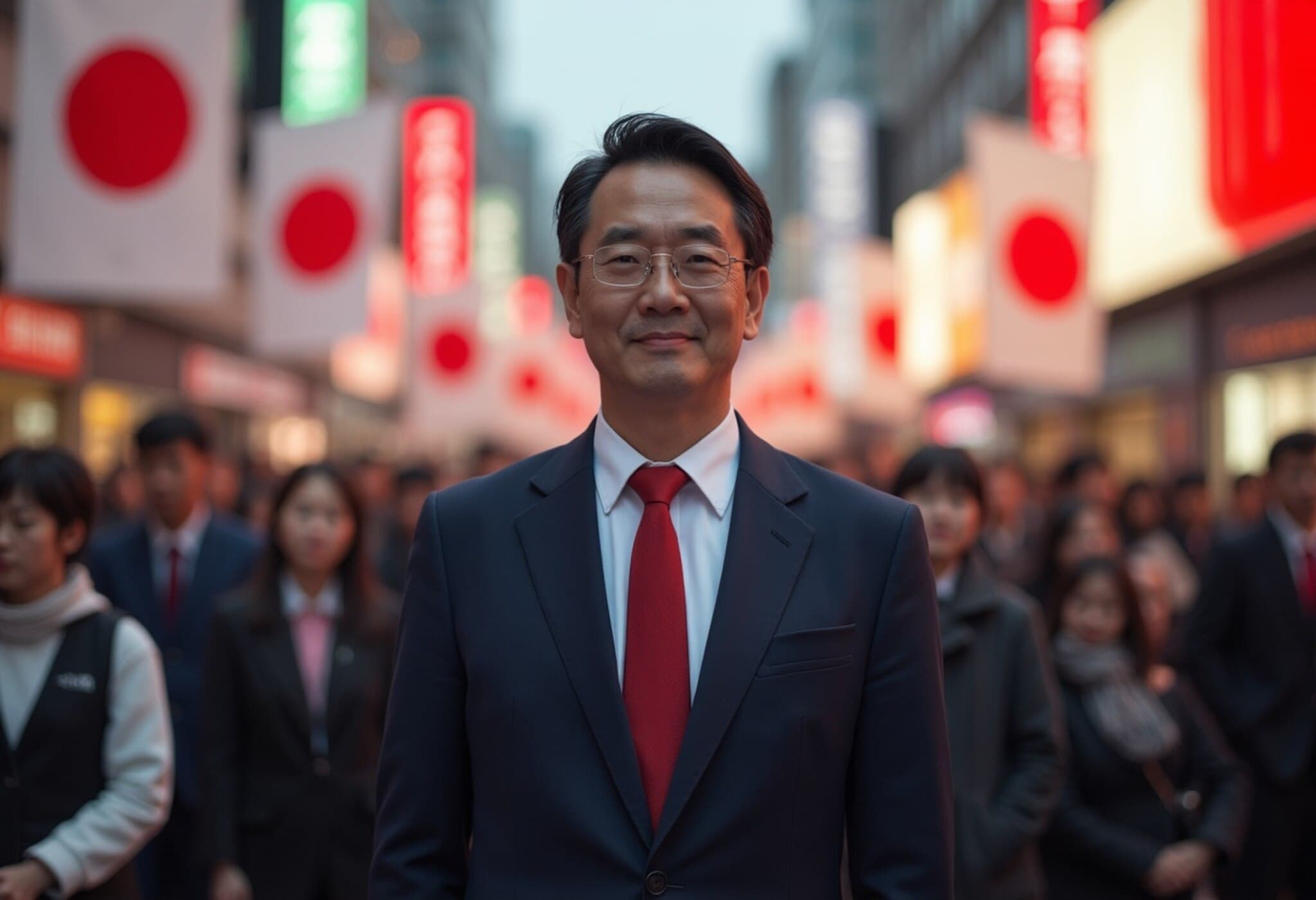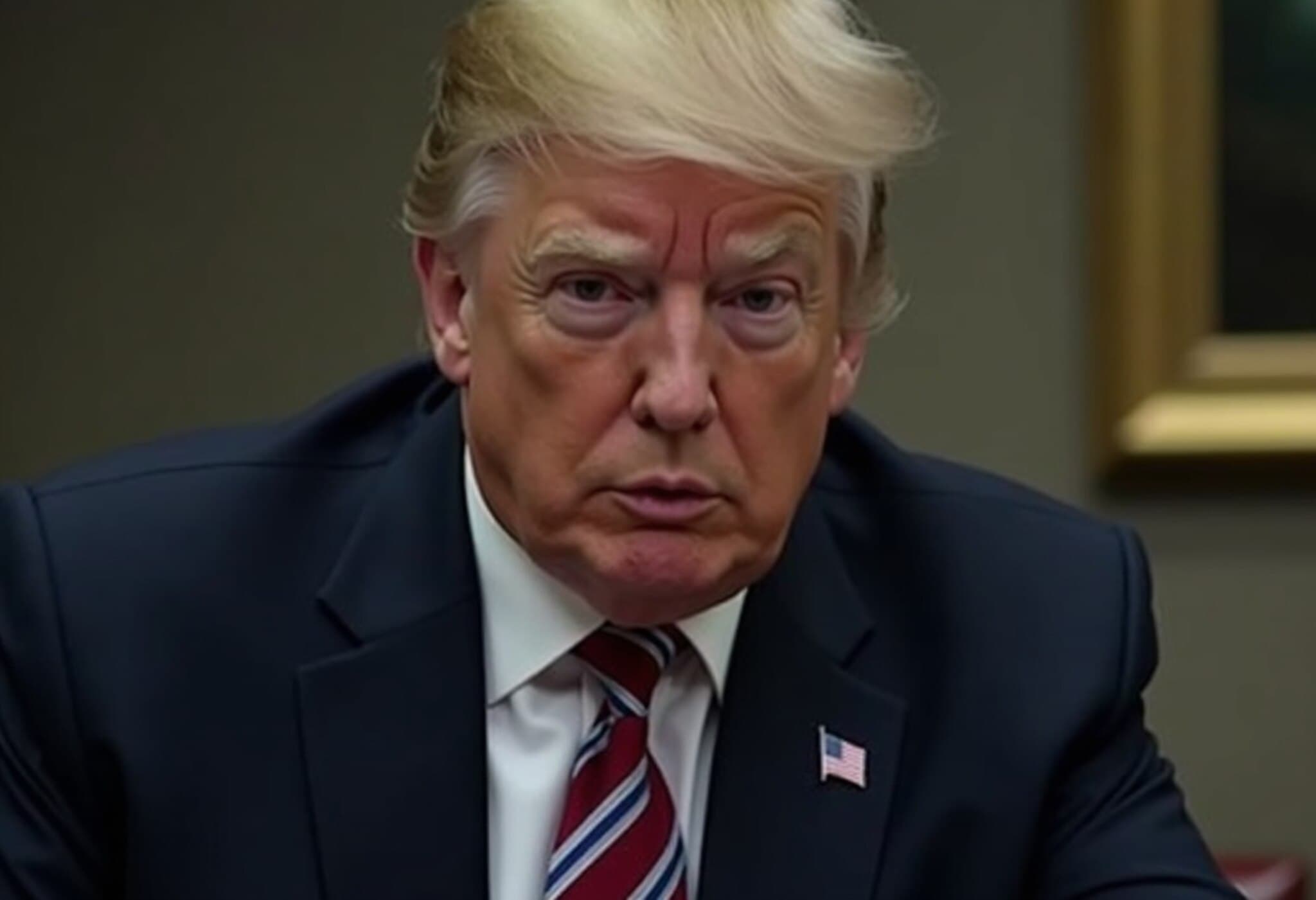Populist Wave Challenges Japan’s Political Stability
In a striking development in the July 2025 parliamentary elections, Japan's long-dominant Liberal Democratic Party (LDP) faced significant setbacks as new right-wing populist parties surged ahead. The result signals a potential reconfiguration of Japan’s famously stable political landscape, with nationalist and anti-globalist rhetoric resonating deeply among younger voters disillusioned by the status quo.
Sanseito: The Trump-Inspired Populist Movement
Among the standout winners was Sanseito, a populist party led by Sohei Kamiya, a former supermarket manager and English teacher whose political style openly draws inspiration from former U.S. President Donald Trump’s bold and direct approach. Campo-led Sanseito's meteoric rise, from a fringe group born on YouTube during the COVID-19 pandemic to a major player with 14 upper house seats, highlights a profound shift in Japanese voter sentiment.
Sanseito's messaging centers on a “Japanese First” nationalism, rejecting the deepening of globalist policies while carefully framing its policies to avoid outright xenophobia. Kamiya clarifies, “I am not saying we should completely ban foreigners or that every foreigner should get out of Japan,” but emphasizes rebuilding Japan’s economic and social fabric by prioritizing nationals.
The Broader Electoral Outcome
The July vote saw two-thirds of the 124 contested upper house seats going to opposition parties, but the main beneficiaries were not traditional liberals. The Democratic Party for the People (DPP), another nationalist-leaning group, increased their seats from 4 to 17, cementing a new nationalist bloc that challenges the LDP’s decades-long dominance.
The ruling LDP, led by Prime Minister Shigeru Ishiba, along with junior coalition partner Komeito, fell short by three seats of maintaining their majority, winning 47 seats compared to 66 previously. This result means the LDP coalition is now a minority in both houses for the first time since 1955.
Driving Factors Behind the Populist Rise
- Youth Engagement: Younger Japanese voters are increasingly drawn to nationalist narratives that promise economic revitalization and resistance to foreign influence.
- Anti-Globalism Messaging: Parties like Sanseito capitalize on skepticism toward global elite influence and vaccines — a reflection of pandemic-era anxieties and misinformation.
- Demographic and Societal Change: Japan’s rapidly aging population combined with a rise in foreign-born residents (now approximately 3.8 million or 3% of the population) fuels debates around national identity and social cohesion.
Challenges Ahead for Prime Minister Ishiba
Despite the electoral blow, Ishiba has signaled his intention to remain at the helm, underscoring the delicate geopolitical and economic environment Japan faces — including recent threats of U.S. tariffs that could impact trade. Still, his leadership is precarious, with rising internal party dissent and public dissatisfaction that could prompt calls for resignation or a realignment of ruling coalition partners.
Importantly, the opposition-controlled upper house cannot trigger a no-confidence vote, so government collapse is not immediate. However, the erosion of LDP dominance introduces uncertainty into Japan’s policy direction and the future of its post-war political consensus.
Regional and Global Implications
Japan’s political shift must be contextualized within Asia's broader dynamics, where nationalist and populist trends are increasingly common. For the U.S. and other allied nations, Japan’s internal changes raise questions about the continuity of trusted partnerships in trade, security, and technology.
Experts also warn that the rise of parties rooted in misinformation and anti-globalism could hinder Japan’s efforts to address key challenges like demographic decline, technological innovation, and climate change mitigation.
Underreported Angles
- How will Japan’s growing foreign-born population influence or reshape nationalist agendas?
- What role does digital media and pandemic-era disinformation play in Japan’s political realignment?
- Can traditional moderate forces reassert control, or is Japanese politics entering a new era akin to Western populist waves?
Editor’s Note
Japan’s 2025 parliamentary elections illuminate not just a political upset but a deeper societal crossroads. The surge of Trump-inspired populism highlights ongoing tensions between globalization and national identity in an aging, ever-evolving society. As Prime Minister Ishiba grapples with coalition challenges and external economic pressures, the world watches whether Japan can navigate these turbulent waters without compromising its stability or global partnership commitments. For readers, this moment invites reflection on how emerging political currents in one of the world’s largest economies can ripple across the international stage.

